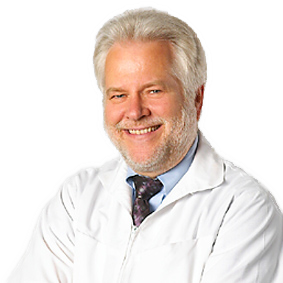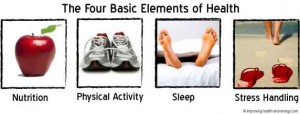Foods and activities that can reduce the risk for Alzheimer's disease
Foods: Extra-virgin olive oil, coconut oil, most berries, cherries, elderberry, grape or grape seed, pomegranate, strawberry, leafy greens and cruciferous vegetables, rosemary, lemon balm, heperzine A, Panax ginseng, ashwagandha, ginkgo biloba, curcumin, coffee/caffeine, green tea, cinnamon, and dark chocolate.
Supplements: alpha lipoic acid, acetyl l-carnitine, vitamin D, C and E, DHA, vinpocetin, Pyrroloquinoline quinone (PQQ), phosphatidylserine, magnesium, B vitamins (B12 and B6), niacin, co-Q10, N-acetyl cysteine, Luteolin, wild green oat extract, Nicotinamide riboside, Bacopamonnieri – (Brahmi) , l-lysine (for the herpes virus), glutathione, and SOD (superoxide dismutase).
Vega testing is an excellent way to determine which of these products your body might need. Nobody needs all of these. Also non-GMO foods and organic foods would be smart if you're dealing with advanced memory issues. The use of Stevia over artificial sweeteners would be recommended and artificial food coloring and other food additives could be an issue. Eat foods in their natural state.
Activities that help: Exercise, learn something new, do crossword puzzles, avoid toxic chemicals, toxic metals, PCBs, deal with stress, deal with depression, avoid processed foods and alcohol, the Mediterranean diet, the ketogenic diet, calories restricted diet, the Paleo diet, follow your body type diet.
In a UCLA study, patients made dramatic lifestyle changes. They avoided simple carbs, gluten and processed foods. They increased their fish intake, took yoga and meditated. They were instructed to take melatonin, get adequate sleep, incorporate vitamin B-12, vitamin D-3 and fish oil. Within six months, nine of the 10 memory-loss patients saw a noticeable improvement in memory. One patient, who was in the late stages of Alzheimer's, did not show improvement.
An ounce of prevention is worth a pound of cure.





